
Researchers tested radiation therapy as a bridging therapy for patients with relapsed/refractory diffuse large B-cell lymphoma during the interval between T-cell collection and final CAR T administration.

Your AI-Trained Oncology Knowledge Connection!


Researchers tested radiation therapy as a bridging therapy for patients with relapsed/refractory diffuse large B-cell lymphoma during the interval between T-cell collection and final CAR T administration.

The gait speed of an older patient with a hematologic malignancy may be an indicator of that patient’s frailty and could predict for worse clinical outcomes.

A meta-analysis on existing data on the use of autologous stem cell transplant in older patients with newly diagnosed multiple myeloma confirmed the need for randomized controlled trials.
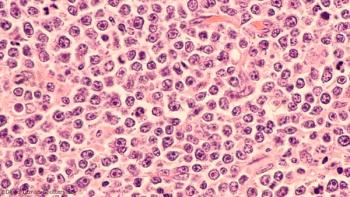
Late relapses occurred more commonly among patients with DLBCL with concurrent indolent lymphoma at initial diagnosis and those with GCB subtype.

Baseline left ventricular diastolic dysfunction may help predict the incidence of severe carfilzomib-induced cardiovascular adverse events in patients with multiple myeloma.
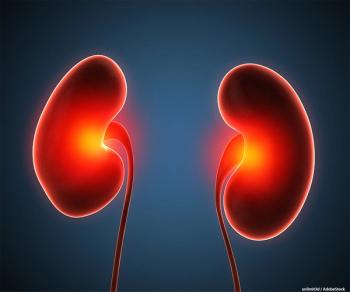
The KEYNOTE-426 study evaluated pembrolizumab plus axitinib vs sunitinib in patients with metastatic RCC with intermediate/poor risk disease and those with sarcomatoid features.
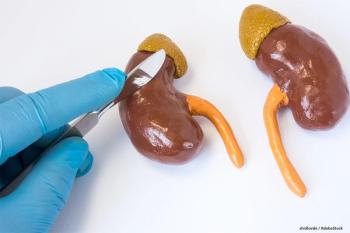
In this randomized phase III trial, researchers compared cytoreductive nephrectomy vs sunitinib alone in patients with metastatic renal cell carcinoma.
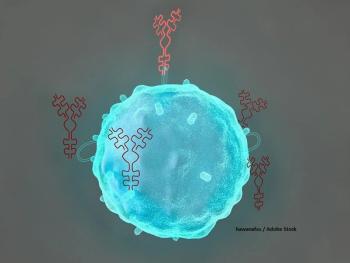
Maintenance rituximab was tested in patients with diffuse large B-cell lymphoma who achieved complete remission after R-CHOP.
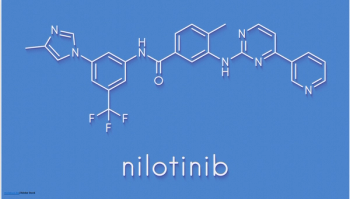
Updated results from ENESTop show patients with CML remain in treatment-free remission after stopping nilotinib.
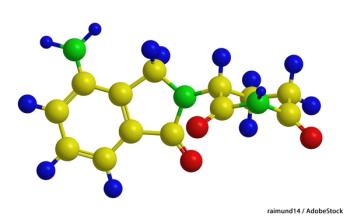
Results from a second clinical trial examined the use of lenalidomide treatment in patients with high-risk smoldering multiple myeloma, where the standard of care has been observation.
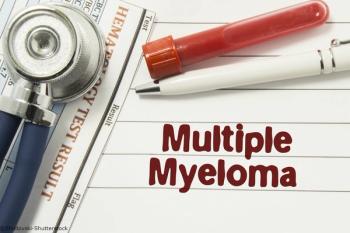
Researchers evaluated survival and infusion time with combination isatuximab, pomalidomide, and low-dose dexamethasone vs pomalidomide plus low-dose dexamethasone alone in relapsed or refractory multiple myeloma.

This FDA confirmatory phase III study evaluated olaparib vs treatment of physician’s choice in BRCA-mutated, platinum-sensitive relapsed ovarian cancer.

Data from a phase II study were presented at ASCO 2019, focusing on responses among women with BRCA wild-type ovarian cancer to olaparib.
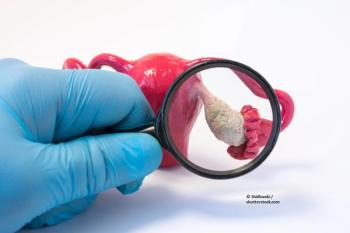
The EWOC-1 trial looked at single-agent carboplatin in vulnerable, elderly patients with stage III/IV epithelial ovarian cancer vs weekly or every 3 weeks carboplatin/paclitaxel.
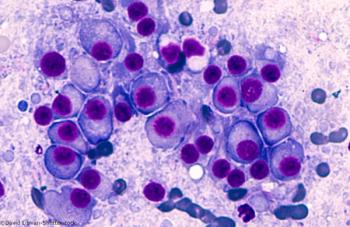
The COLUMBA trial examined the efficacy, number of infusion-related reactions, and administration time for SC vs IV daratumumab in R/R multiple myeloma.
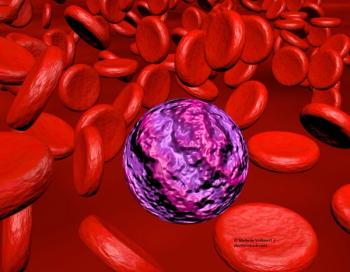
The survival benefit observed with gilteritinib in FLT3-mutated relapsed/refractory acute myeloid leukemia in the ADMIRAL trial was maintained regardless of the presence of several common co-mutations.

The phase II AVANOVA trial examined PFS in advanced ovarian cancer patients who received a PARP inhibitor plus bevacizumab.

Data from the first-in-human study of AMG 420, an anti-BCMA bispecific T-cell engager (BiTE) immunotherapy, were presented at ASCO 2019.
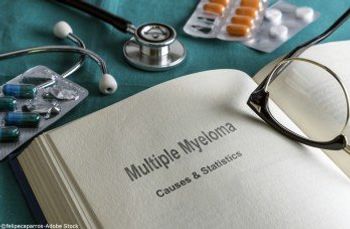
New data from the CASSIOPEIA trial evaluated the use of daratumumab in addition to bortezomib/thalidomide/dexamethasone after ASCT in multiple myeloma.

A phase III study tested the combination conditioning regimen of busulfan plus melphalan vs standard melphalan alone for patients with newly diagnosed multiple myeloma undergoing transplantation.

Researchers tested whether use of blue dye injection during sentinel lymph node biopsy can be safely omitted prior to Mohs surgery for malignant melanoma.

Researchers looked at survival disparities between African American and Caucasian patients with multiple myeloma.
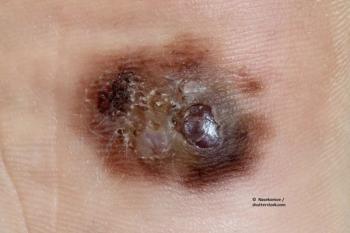
Researchers looked at whether time to first distant recurrence of metastatic melanoma was linked to survival outcomes.

Researchers looked at whether eating a low-fat diet helped improve survival in breast cancer, in a study presented ahead of the ASCO Annual Meeting.

Approximately 25% of patients with tumor samples submitted to the Pediatric MATCH program have been matched to an investigational therapy at an interim analysis reported ahead of the ASCO Annual Meeting.
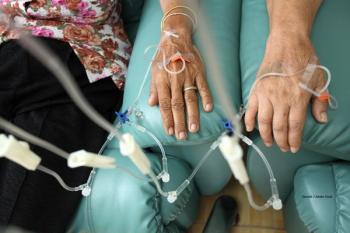
Researchers assessed outcomes with different chemo regimen doses in elderly or frail patients with gastroesophageal cancer, in this study presented ahead of the ASCO Annual Meeting.

Patients with follicular lymphoma or diffuse large B-cell lymphoma with a low peripheral blood natural killer cell count at baseline had shorter time to progression.
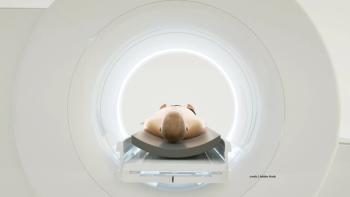
Researchers have found several characteristics identified on PET/CT that may help to predict early clinical failure of untreated follicular lymphoma.
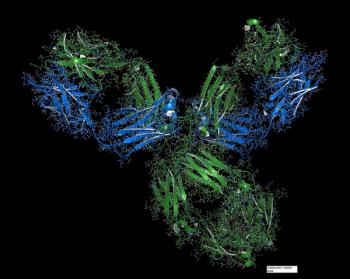
The percentage of patients with cancer eligible to receive immune checkpoint inhibitors has increased in recent years, but how many patients are actually responding?

Researchers tested the addition of the T cell–boosting decitabine to anti–PD-1 therapy with camrelizumab among patients with relapsed or refractory classic Hodgkin lymphoma.